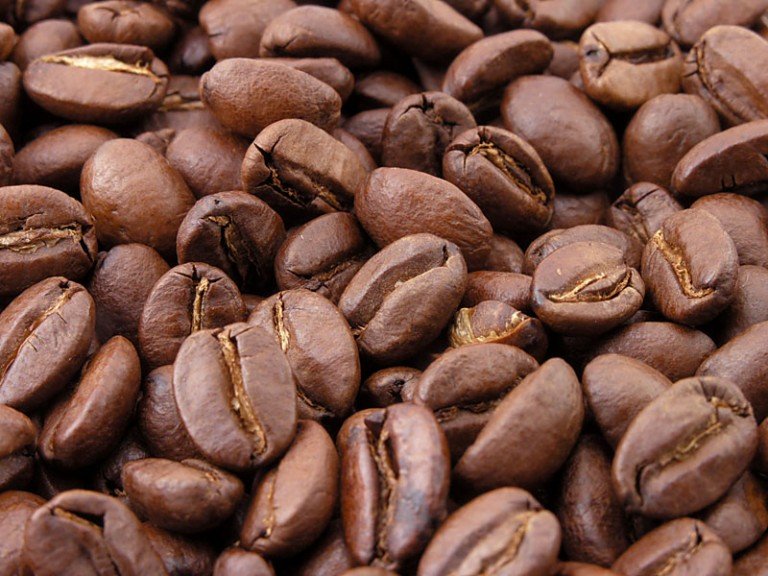Bringing a cup of hot coffee to the mouth is a common gesture especially in Italy, but few will probably know its origin and history.
A curious legend tells that a monk of the Chehodet Monastery in Yemen having heard from a pastor named Kaldi that his goats and camels kept themselves “lively” even at night if they ate some berries, he prepared a beverage with this berries to stay awake to be able to pray for longer.
What are the nutritional properties of coffee? What are the contraindications to its consumption? And why is coffee so much celebrated and loved, especially in some countries including Italy?
Scientific studies and research about coffee have been more and more frequently, reaching results that demonstrate the multiple reactions that caffeine causes on the human body.
From the nutritional point of view, coffee is not an indispensable food for our body. However, some substances contained therein have beneficial effects on the organs.
Of course, as with any food, you don’t gave to abuse it and consume a moderate amount of it if you don’t want problems due to abuse.
A cup of coffee contains about 5 gr of caffeine and its exciting action, which lasts one to two hours after drinking it, acting on the cerebrospinal nervous system causes a wakefulness of mental faculties, removing drowsiness, boredom, fatigue, even psychic, depressive states, strengthens memory, learning, intuition, and concentration, facilitates perceptions of sensory input, attenuates headaches in general.
And the cappuccino?
Analyzing the basic ingredients, we can therefore say that an unsweetened cappuccino provides about 80 calories to the body.
Of course, the energy intake of a sweetened cappuccino increases compared to the bitter counterpart.
The combination of milk and coffee forms substances that need a long time to be digested. Milk foam enhances this feature by making the cappuccino less digestible than a mug of milk and coffee as it is a drink that stimulates stomach hyper secretion, especially on an empty stomach. The cappuccino, therefore, has the property of blocking the appetite in a non-physiological and correct way because the tannic acid of high temperature coffee is combined with casein, milk protein, producing the casein tannin, a chemical compound difficult to digest. The best solution? Take a cup of lightly warm milk and a cup of coffee separately.
